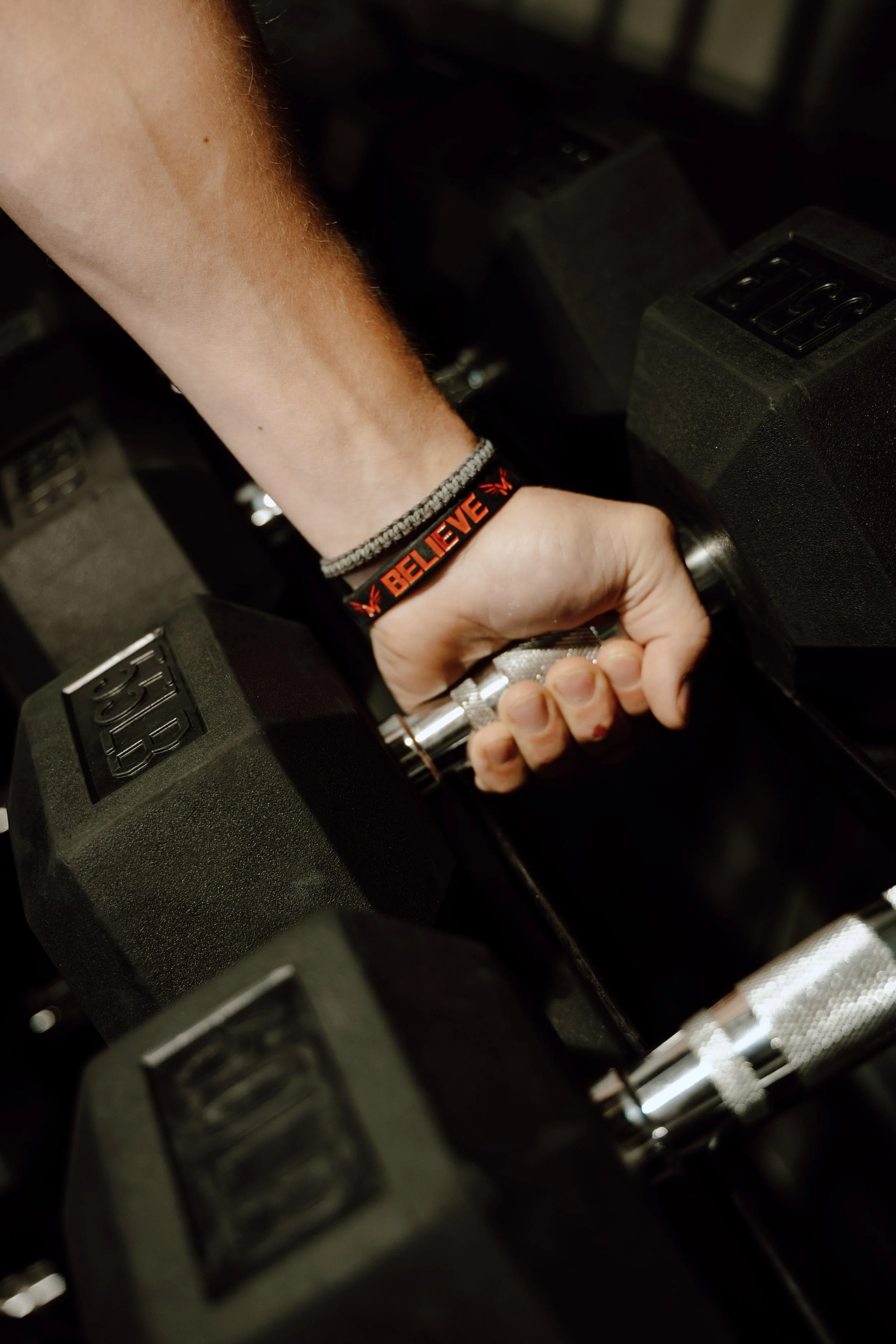TRAINING PHILOSOPHY:
MOVEMENT QUALITY FIRST
We strongly believe that all athletes should possess a great movement foundation before building functional strength and power upon it. If an athlete shows a dysfunctional movement pattern we must work on improving that function through mobility before building strength. If we do not, we are actually aiding that dysfunction. By increasing mobility first we will improve movement quality and reduce risk of injury. To ensure this, all of our exercises and lifts are progression based. This allows various age and skill leveled athletes to workout in the same class, progressing at their own pace, without affecting the progress of another.
WHY FUNCTIONAL STRENGTH TRAINING?
Functional training is often misunderstood as easy, bodyweight exercises that focus on balance and flexibility. True functional training is purposeful training that applies what we now know about functional anatomy to training. It addresses any underlying biomechanical issues through progressions and regressions in order to form a more efficient moving human being, while attempting to mimic the specific physiological demands of real life activities & sports.
LONG TERM ATHLETIC DEVELOPMENT
We believe that athletic development with11- 20 year old athletes should be a relatively linear process and that the best way to get stronger is to not get weaker. This means training year round, even during sport seasons. When athletes stop training during their sport seasons, they experience something called detraining. Detraining is the partial or complete loss of training-induced adaptations, in response to an insufficient training stimulus. In other words, if you don’t use it, you lose it. When an athlete does this, performance starts to diminish and they put their bodies at higher risk of injury due to the demands that wear and tear on the body during long sport seasons. Not only this, but now it will take that athlete 4-6 weeks to physically get back to where they were before the season started. Basically a one step forward two step back approach. But the athlete who trains year round will remain strong, powerful and healthy during the season and can continue to increase performance by developing physically. Over time, the athlete who can develop the largest physical development capacity will also display the wider range of athletic skill on the field or court.
VIDEO: ATHLETIC VS SKILL DEVELOPMENT



